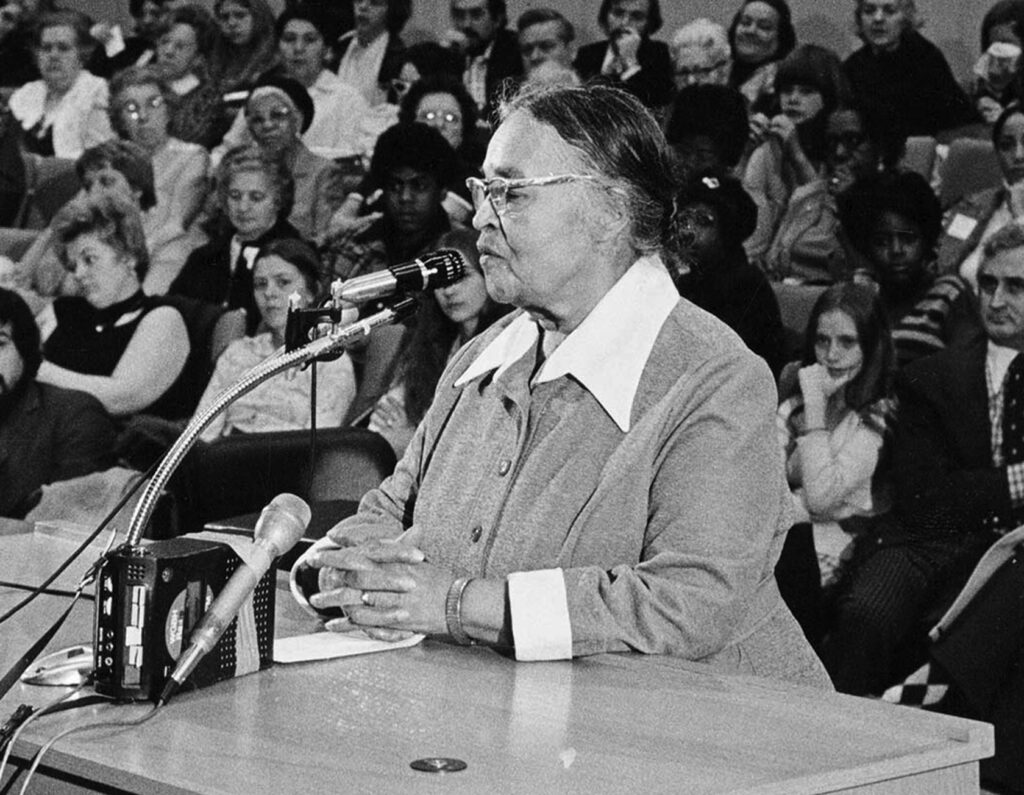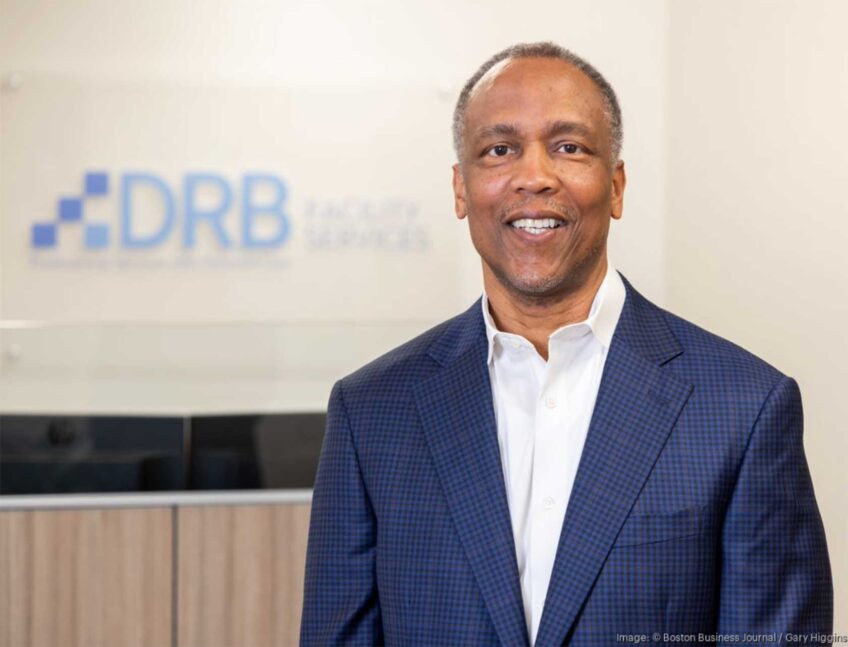Breaking glass ceilings and opening doors: the power of investing in underrepresented communities

Banner Business sponsored by The Boston Foundation
Whether it be managing billions of dollars in assets or fighting to desegregate public schools, Melnea Cass, Mellody Hobson and Valerie Mosley have all broken barriers in their respective positions and created everlasting impacts on our nation, with a common goal: opening the door for those following in their footsteps. The journey towards the democratization of wealth and opportunities in the United States is a long and narrow one, but these three women’s contributions have provided the country with examples of how to reach the top.
Known for living by the motto, “If we cannot do great things, we can do small things in a great way,” Melnea Agnes Cass did just that. Born in Richmond, Virginia, in 1896, Cass became one of Boston’s most successful and loved advocates for the African American community. Appropriately dubbed the “First Lady of Roxbury,” Cass’ first introduction to the city of Boston was being denied work due to her race, and she was a frequent participant in Boston’s protests against racist hiring practices. Years later, in the 1920s, after the birth of her three children, Cass assisted African American women to register and cast their vote following women’s suffrage. The rest is history.
Cass dove in head first, learning from the teachings of William Monroe Trotter, one of Boston’s most militant civil rights activists. With a focus on racial justice and educational, economic and employment opportunities, Cass set the standard of what investing in your community should look like. Throughout her life, she served on boards, accepted city-appointed commissions and provided financial incentives to those who successfully graduated from school. In her role as president of the Women’s Service Club, Cass set up the Homemaker Training Program which provided domestic workers with access to social security as well as other benefits. With her “Tell it like it is” attitude, she had a unique ability to truly hold those in power accountable and affect positive change. Her role in the desegregation of public schools in Boston and as the president of the Boston chapter of the NAACP are but a few examples of her dedication to advancing equity. Cass stimulated the local job market through her projects and organizations such as Freedom House, a nonprofit that provided programs such as urban renewal minority employment and education equality. This investment in the community showed a clear commitment to the economic advancement of people of color.
Noticing the same barriers to the financial success of minority communities, Valerie Mosley, CEO of Valmo Ventures, has used her experience managing over $1.2 trillion in assets as senior vice president, portfolio manager and investment strategist at Wellington Management Company, LLP, to tear down those barriers on her own. After serving on President Barack Obama’s Board of Advisors on Historically Black Colleges and Universities, Mosley went on to found Upward Health, a fintech platform dedicated to financial literacy that provides content and coaching to make wealth-building more accessible. With a passion for the democratization of wealth in the United States, Mosley was inspired to found Valmo Ventures in 2012, a venture capital firm with the purpose of empowering and supporting under-represented startup founders’ net worth as well as self-worth.
Toward the end of Mosley’s 20-year tenure at Wellington Management Company, she used the term “unbanked” to describe individuals living with financial shame due to the system failing them. Soon after she retired from her position, Valerie made the decision to focus her efforts on correcting wealth and financial disparities in the United States. Mosley recognizes the power and earning potential of minority communities and aims to educate the world on how valuing themselves is the key to building their wealth to its fullest potential.
Such determination and passion for creating positive change is characteristic of these trailblazers, and Mellody Hobson is no exception.
Hobson is Co-CEO of Chicago-based Ariel Investments, which boasts $14.9 million in assets. She earned her BA from Princeton University, and in her career has continued to break barriers, including being named the first African American woman to chair the board of major companies, among them Starbucks and DreamWorks Animation. Using her experience and platform secured by her decades in the industry, Hobson co-founded Ariel Alternatives LLC, which sets itself apart from other new asset management enterprises by providing a patient, focused and non-consensus approach to private equity. Derived from Project Black, whose goal was to drive economic growth and equity at every level of employment, its mission was to prepare minority-owned business enterprises to serve as Tier 1 suppliers to Fortune 500 companies.
In addition to serving as board chair for billion-dollar corporations, Hobson is board chair at After School Matters, the largest employer of teens and nonprofit of its kind in Chicago dedicated to offering exceptional after-school and summer initiatives. Having set foot in boardrooms and environments typically exclusively inhabited by white men, Hobson offers a distinctive perspective on the importance of diversity in corporate settings. Recognizing that “If it matters, it’s counted,” in her 2020 interview with Variety, Mellody comments on corporate America’s relationship to diversity, equity, inclusion and belonging, or DEIB, saying, “By counting by ethnicity and gender, you see where the underrepresentation is. You do the C-suite, you do the next level of executives, all the way down. There’s no patting yourself on the back, giving some big ethnicity number when 90% of your ethnicity comes from the assistant level. That doesn’t work.”
Real change will come to corporate America when boardrooms reflect the diverse nation in which it claims to serve. These three women pioneers understood this concept and acted upon it with clarity and efficiency. Cass, Mosley and Hobson alike recognized the value in investing in underrepresented communities at different points in time, yet their approach to remedy the injustice remained the same. This fact has remained constant: We as a nation will never progress until we give everyone a seat at the table.









